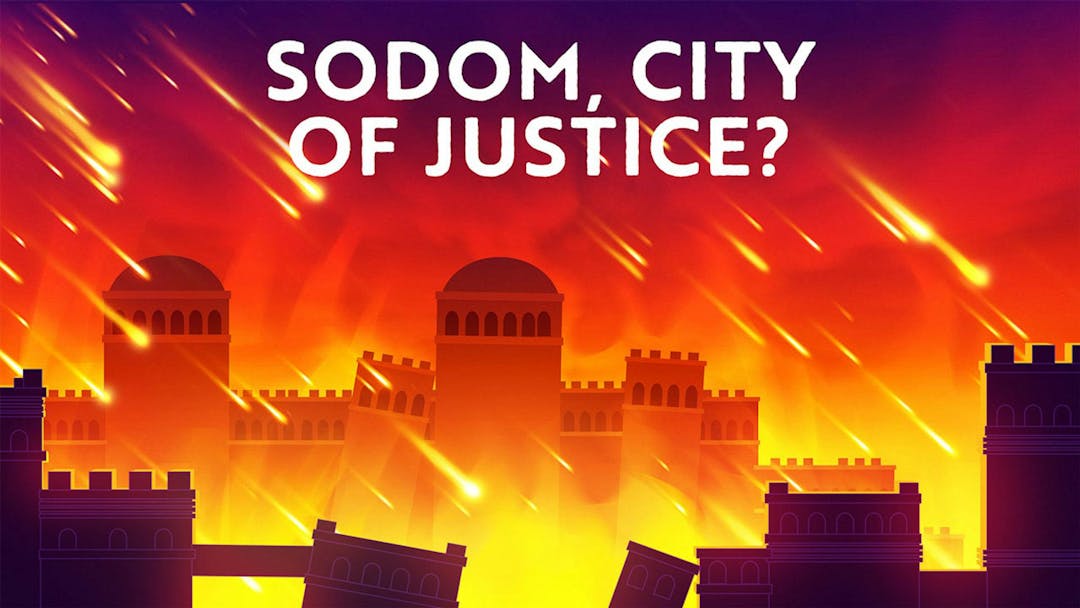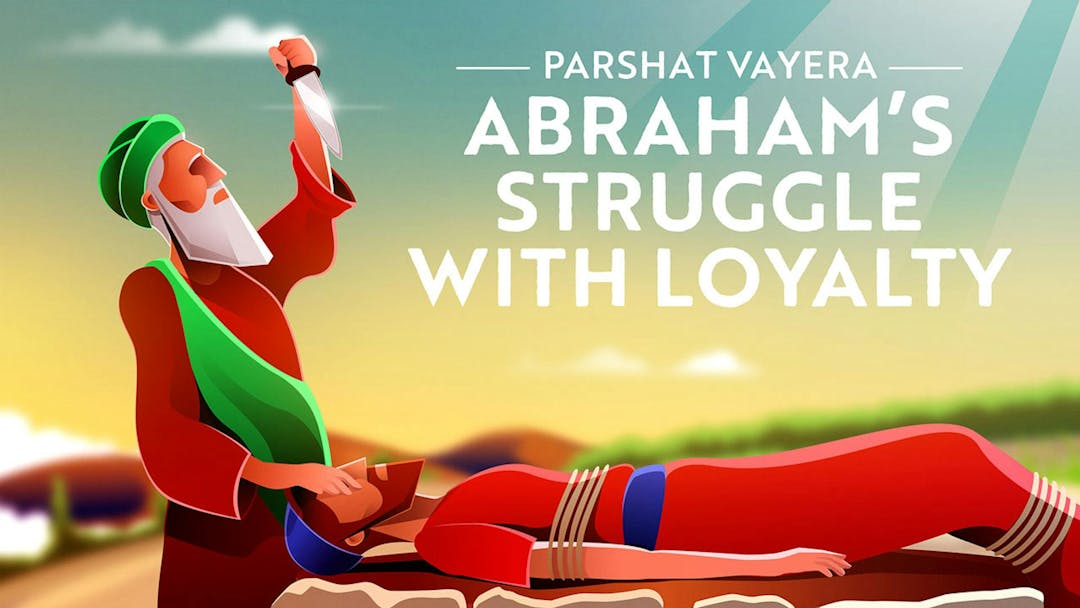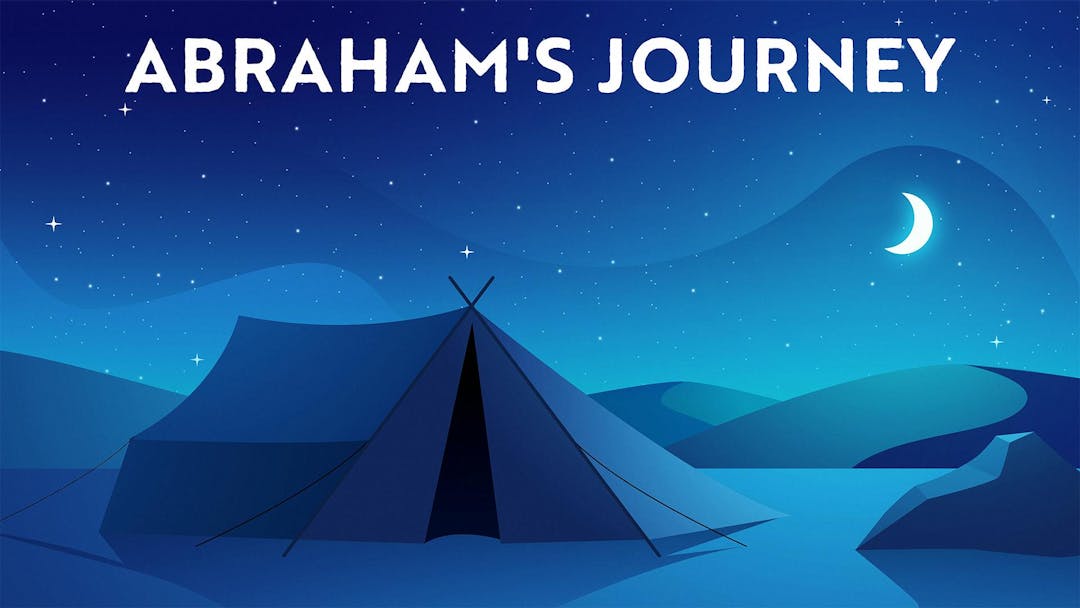Start your free trial today to unlock the full library and enjoy unlimited and uninterrupted access.
Get StartedThe Power Of Abraham’s Influence
Could Abraham And Lot Have Saved Sodom From Destruction?
In this video for Parshat Vayeira, David Block and Immanuel Shalev turn to one of the most curious conversations in the entire Torah: when Abraham musters his chutzpah and pleads head-on with God, attempting to save the city of Sodom and Gomorrah from Divine destruction.
God promises that if there are even 10 righteous people who dwell there, then God will spare the entire city. And then, something odd happens: the conversation ends, abruptly – and God destroys Sodom and Gomorrah.
Why did the conversation end at 10? Why did God proceed with His destruction? Was it because Abraham wasn’t righteous enough to save them? What about Lot, Abraham’s nephew, who was dwelling in Sodom – didn’t he deserve to be saved?
David and Imu ask the tough questions about the destruction of Sodom and Gomorrah and uncover a fascinating insight about what it takes to be truly righteous in the eyes of God.
For more on Vayeira:
- The Real Test Of The Binding of Isaac
- The Troubling Story Of Hagar's Outcast By Abraham
- Abraham's Journey
- Akeidah: Was The Sacrifice Of Isaac Heroism Or Murder?
- Help us grow and support what we do: You can join our growing community or follow us on Facebook and Twitter!
Want to watch the full video for free?
Enter your email and we’ll send you a link to watch the full series free.
What is Aleph Beta?
Aleph Beta is a unique kind of Torah library. Led by our founder, Rabbi David Fohrman, we are dedicated to high-level, textual Torah learning for adults that is intellectually and spiritually sophisticated, that enlivens your Jewish practice and helps you forge a deeper connection to God. Whether you’ve been learning in yeshiva for years or you’re just beginning your Torah journey, you’re sure to find something meaningful and surprising waiting for you here.
Browse our library of over 1,000 beautifully produced animated videos, podcasts, deep dive courses, and printable guides. Topics include the weekly parsha, Jewish holidays & fast days, laws & mitzvot, prayers, relationships, big philosophical ideas and more. Have something to say at the Shabbos table that will amaze your family and guests and bring deep meaning into their lives.











